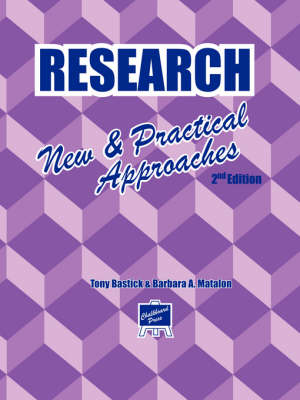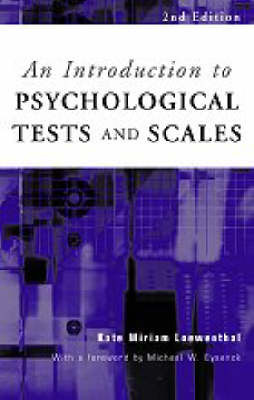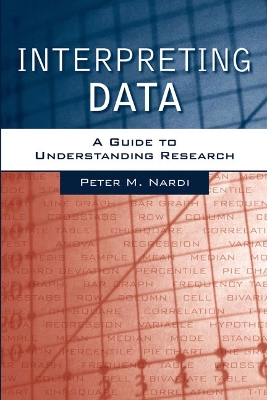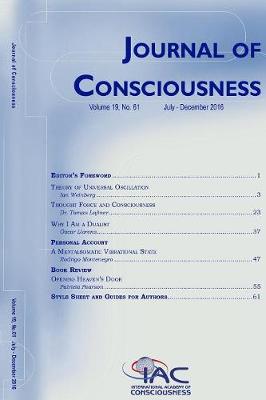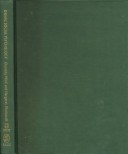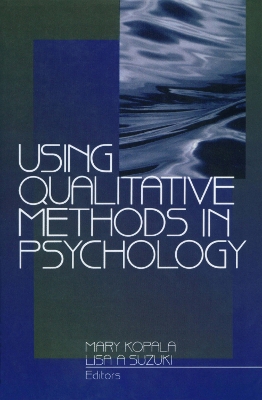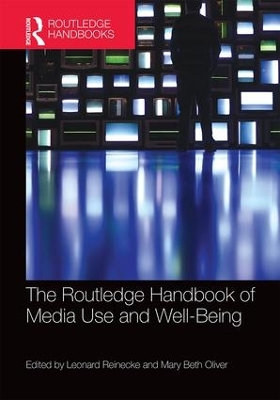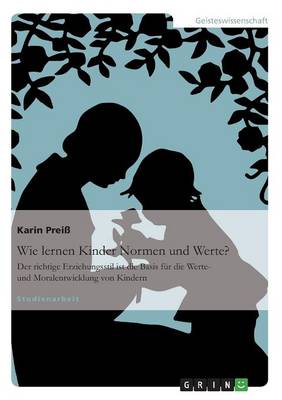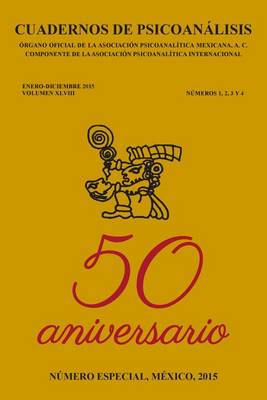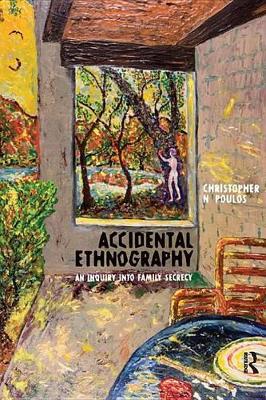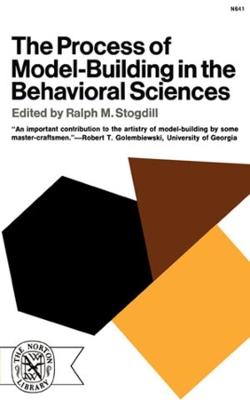Vocational Interests 18 Years After College (Minnesota Library on Student Personnel Work)
by Edward K Strong Jr
Vocational Interests 18 Years After College was first published in 1955. Minnesota Archive Editions uses digital technology to make long-unavailable books once again accessible, and are published unaltered from the original University of Minnesota Press editions. A pioneer in scientific vocational counseling, Edward K. Strong, Jr., devised the Strong Vocational Interest Blank some years ago as a tool to help the counselor find out what kind of work a young person is best suited for. In this vo...
An Introduction to Psychological Tests and Scales
by Kate Miriam Loewenthal and Christopher Alan Lewis
In its first edition this book successfully enabled readers, with little or no prior knowledge of computing or statistics, to develop reliable and valid tests and scales for assessment or research purposes. In this edition, the author has thoroughly updated the text to include new recent advances in computer software and provide information on relevant internet resources. The book contains detailed guidelines for locating and constructing psychological measures, including descriptions of popular...
Written in a non-technical, everyday language, this supplementary bookhelps readers learn about and practice working with graphs and tables of numbers found in popular and scholarly publications, and understand the output from statistical software.
Doing Social Psychology (Published in Association with The Open University)
This textbook offers a comprehensive guide to carrying out a research project in social psychology. With helpful suggestions and step-by-step guidance through every stage of the research process, the book challenges the reader throughout to tackle the key methodological and theoretical issues in conducting research. Following an introduction to key issues, the book uses eight fully piloted social psychological studies to demonstrate a wide range of methods and associated theories. Methods descr...
Der Einfluss Des Vaters in Der Entwicklung Des Kindes
by Giovanni Adornetto
Using Qualitative Methods in Psychology
The field of psychology has been characterized by an interesting schism in the area of research methods. The promotion of the scientific method and the emphasis on experimental methodology helped give psychology an identity as a hard science and legitimacy as a discipline. Yet from the beginning, observations of behavior formed the very basis of the field of psychology. Psychologists such as Freud and Piaget used observational qualitative methods to form their theories –which continue to be majo...
The Routledge Handbook of Media Use and Well-Being
The Routledge Handbook of Media Use and Well-Being serves as the first international review of the current state of this fast-developing area of research. The volume provides a multifaceted perspective on the beneficial as well as the detrimental effects of media exposure on psychological health and well-being. As a "first-mover," it will define the field of media use and well-being and provide an essential resource for research and teaching in this area. The volume is structured along four cen...
Cuadernos de Psicoanilisis, Enero-Diciembre 2015, Vol XLVIII, Num. ESP. 50 Aniv.
by Julia Casamadrid Perez
Each family has its secrets, ones that shape family communication and relationships in a way generally unknown to the outsider and often the family itself. Autoethnographers, students of these relationships, confront many silences in their attempts to understand these social worlds. It is often the accidental slip, the spontaneous discussion, the offhanded comment that opens this terrain of secrets to the conscientious storyteller. Accidental Ethnography delves into this shadowy world of pain an...
Many single woman–married man relationships are characterized by such recognizable, even stereotypic, interactions and run such a predictable course as to constitute a genuine syndrome. Documenting the existence of this syndrome with case histories from inside and outside clinical practice, Dr. Tuch gives serious consideration to the complex dynamics involved and offers a framework to help patients struggling with their involvement in such affairs. A broader discussion of relations between men a...
Reserch Methods and Statistics in Psychology (Sage Course Companions)
by Hugh Coolican
The new edition of this market-leading textbook has been updated and revised to embrace current developments in this area of psychology. Changes to this edition include: Updated material, for example in the areas of quasi-experiments and qualitative research; improved design and greater use ofdiagrams, making the text easier to follow; structured questions that match the developments in A Level and provide superb opportunities for revision; inclusion of answers to in-text questions, so students...
The Process of Model-Building in the Behavioral Sciences
How does one analyze a set of real events in order to isolate and define the important variables that appear to be operating? Determine the structure of relationships between the variables? Represent the content and structure of a system of events in the form of a mathematical equation? The student of model-building seeks answers to many such questions that are not adequately dealt with in the existing literature. In this book, eight experts fill an important need by offering a range of approach...
Homo Sapiens Are Bio-Robots (Catalog of Human Souls, #1)
by Kate Bazilevsky and Olga Skorbatyuk
MyResearchLab
SPSS for Introductory and Intermediate Statistics
by George A. Morgan, Nancy L. Leech, and Karen C. Barrett
The Global Origins of Psychology (A New History of Western Psychology)
by Richard Valentine
This book offers a historical introduction to the remote origins of psychology, and is the first book in a series on the history of the subject. Combining a deep history approach with the study of ancient civilisations, it places psychology in a historical and global context using rigorous academic research. This book begins by separating the Greek components of psychology – psyche and logos – in order to trace their histories, separate and together, through the global Neolithic and Bronze Ages...

